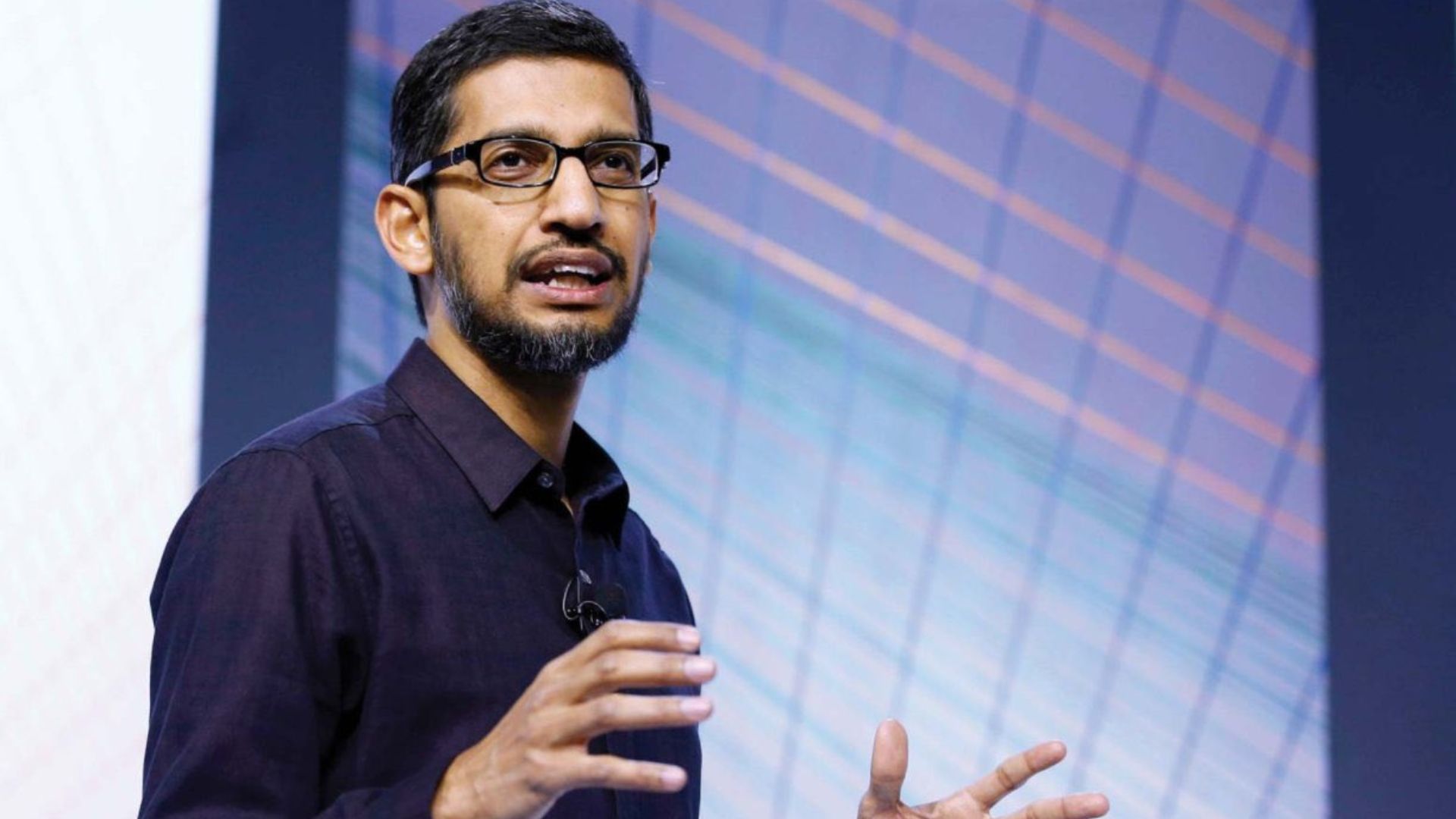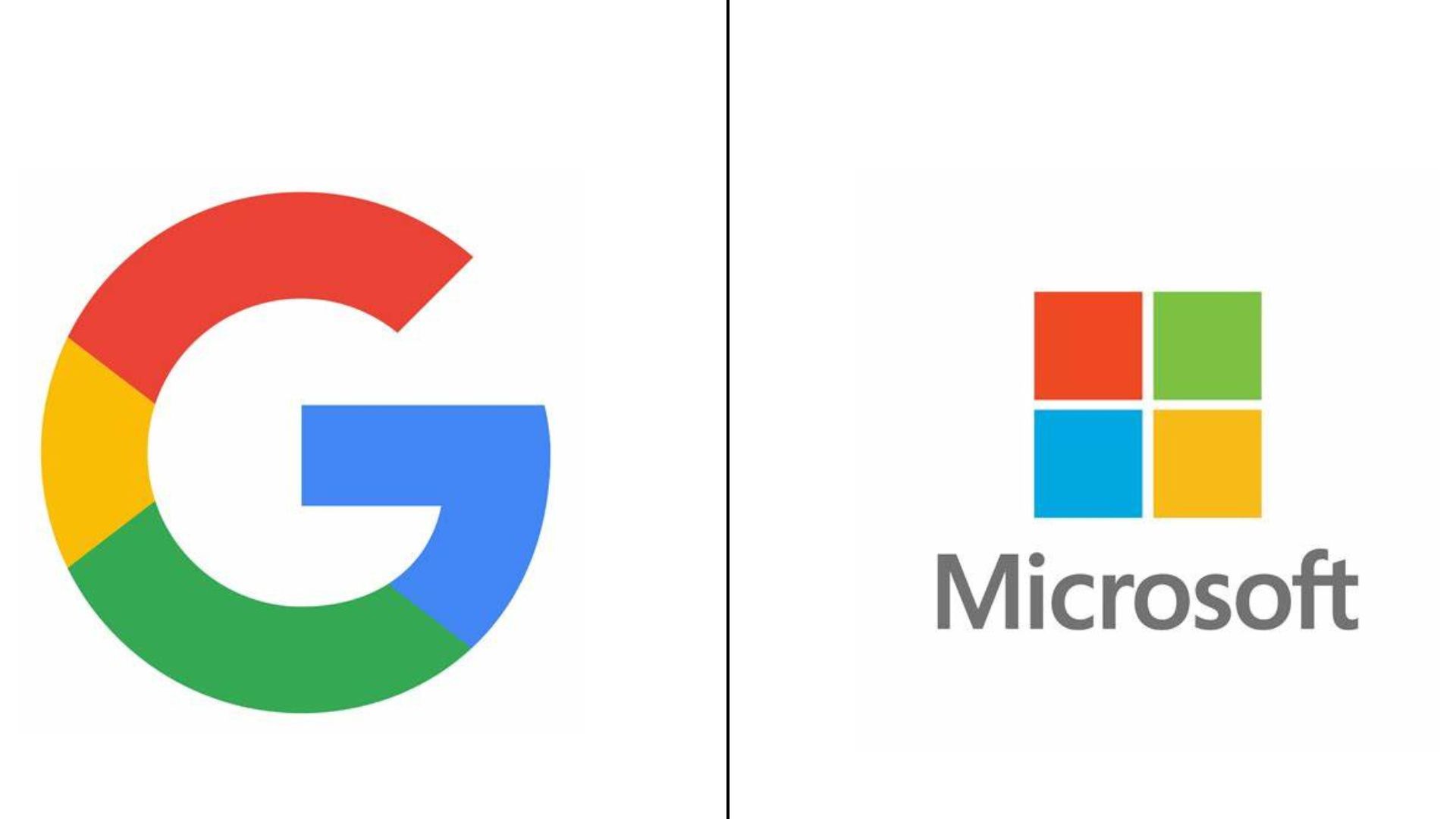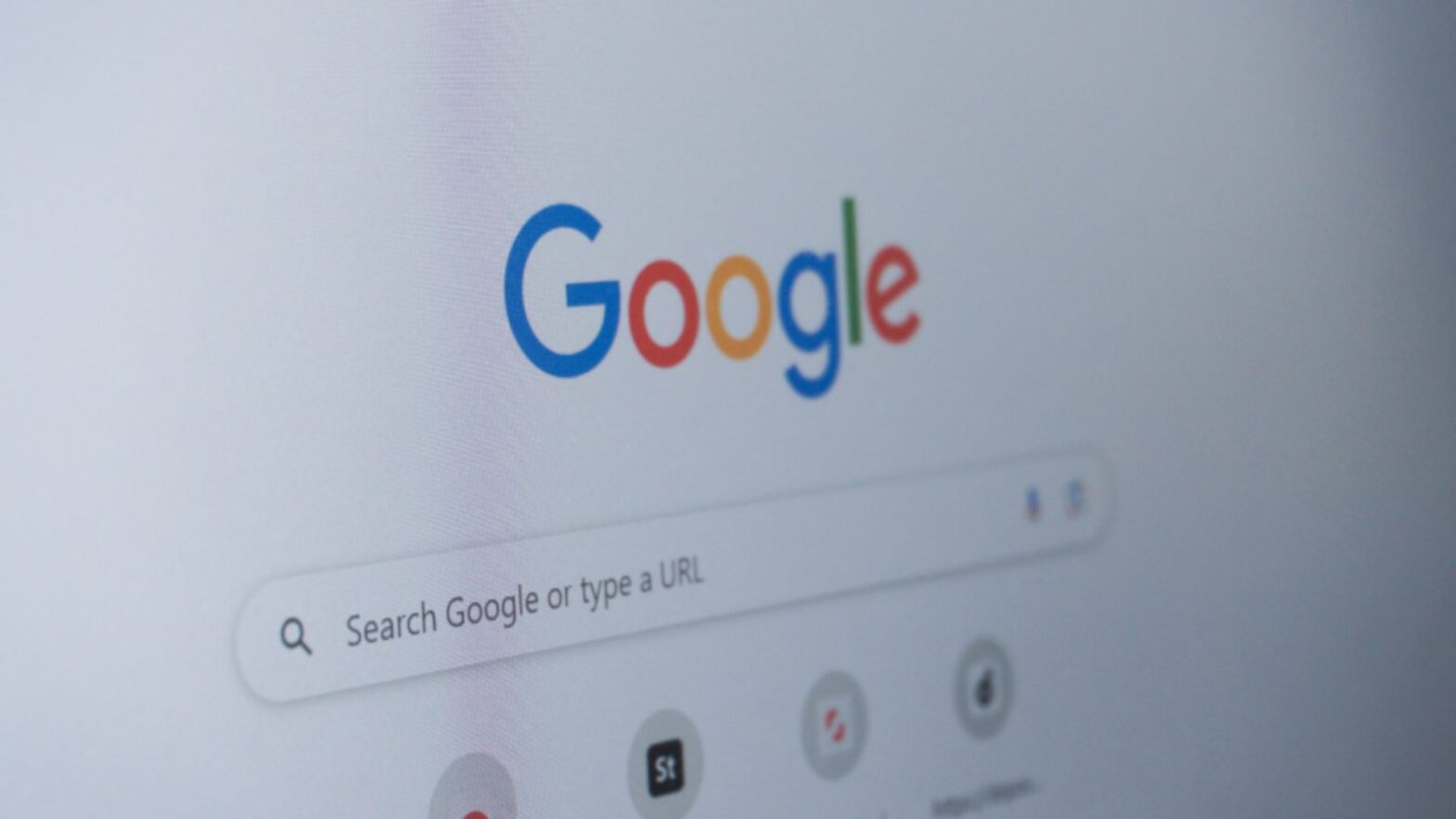In a revealing announcement at the New York Times’ DealBook Summit, Google CEO Sundar Pichai has unveiled a groundbreaking vision for the future of search technology, promising users an unprecedented leap in digital exploration by 2025. The tech giant is set to redefine how we interact with information, leveraging cutting-edge artificial intelligence to transform the humble search engine into an intelligent companion.

The AI Revolution in Search
Pichai’s bold proclamation suggests that Google Search will “change profoundly,” introducing capabilities that will surprise even the most tech-savvy users. The dramatic shift comes as Google responds to mounting competition from rivals like Microsoft and OpenAI, signaling a new era of intelligent search.
What Makes This Different?
Unlike previous iterations, the 2025 Google Search will offer:
- Conversational Intelligence: Users can engage with more complex queries, receiving nuanced, contextually rich responses.
- Multimodal Search: Combining text, voice, and visual inputs for a more intuitive experience.
- AI-Powered Overviews: Instant, comprehensive summaries that go beyond traditional blue links.
Behind the Technological Leap
The transformation isn’t just about flashy features. It’s a strategic response to the changing digital landscape. Google has been quietly developing advanced AI technologies, including enhanced machine learning algorithms and large language models like Gemini, to maintain its search dominance.
Competitive Edge
Pichai didn’t shy away from addressing the competition. When Microsoft’s CEO suggested Google should have been the “default winner” in AI, Pichai confidently responded, “I would love to do a side-by-side comparison of Microsoft’s own models and our models.” The subtext is clear: Google is ready to prove its technological superiority.

Potential Challenges Ahead
However, the path isn’t without obstacles. Experts warn of potential challenges, including:
- Maintaining content accuracy
- Avoiding AI-generated misinformation
- Navigating complex regulatory landscapes
What Users Can Expect
By early 2025, users can anticipate a search experience that feels more like conversing with a knowledgeable assistant than simply typing queries. The AI will understand context, provide more accurate results, and potentially answer follow-up questions with remarkable precision.
“When I look at what’s coming ahead, we are in the earliest stages of a profound shift,” Pichai stated, hinting at the transformative potential of this technology.
The Broader Implications
This isn’t just about search—it’s about redefining how humans interact with information. Google’s move signals a broader trend towards more intelligent, responsive digital interfaces that understand and anticipate user needs.
The Bottom Line
As we stand on the brink of this technological revolution, one thing is certain: Google Search in 2025 will be anything but ordinary. Prepare for an intelligent, intuitive, and incredibly powerful search experience that could fundamentally change how we explore and understand the world around us.















